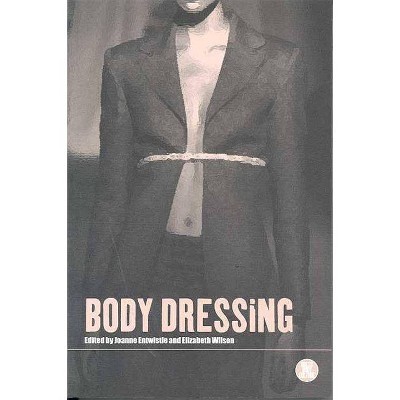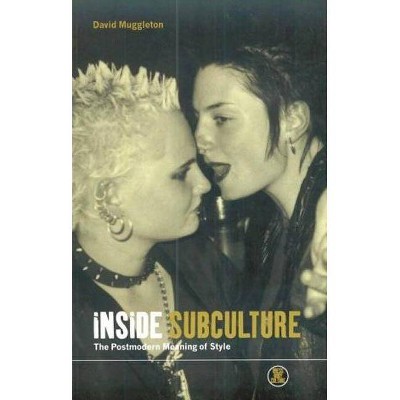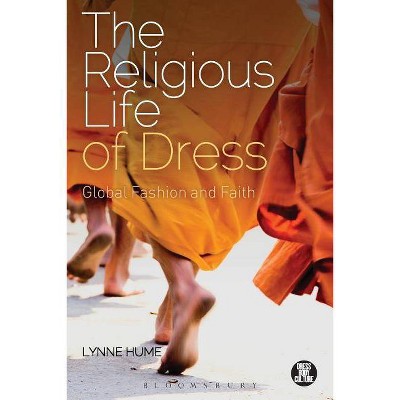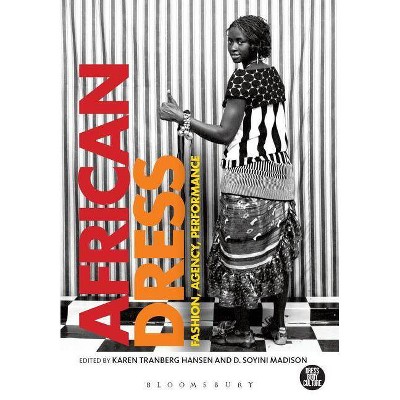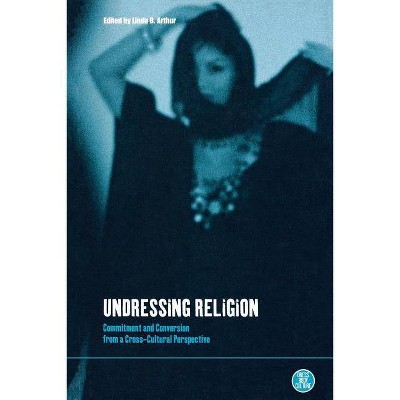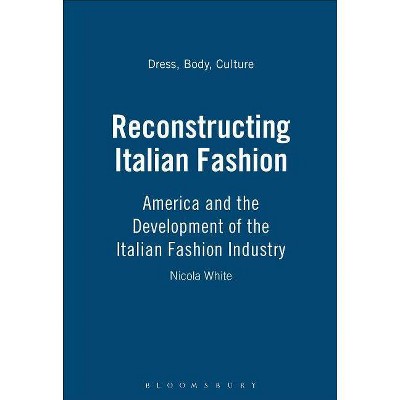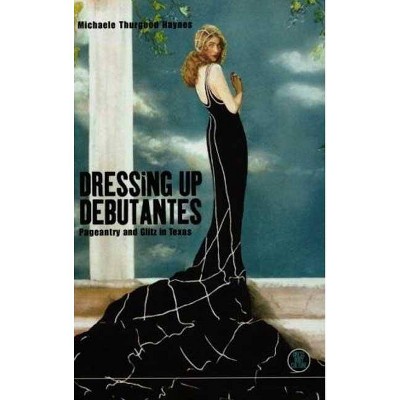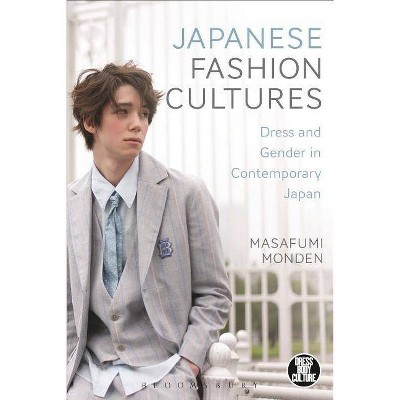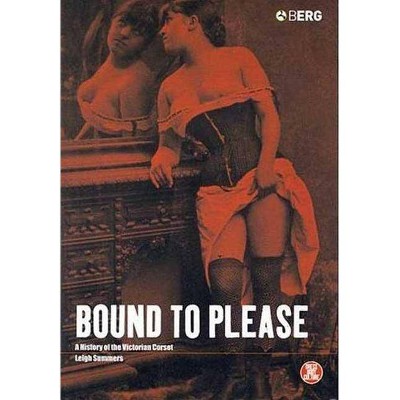Veil - (Dress, Body, Culture) by Fadwa El Guindi (Paperback)
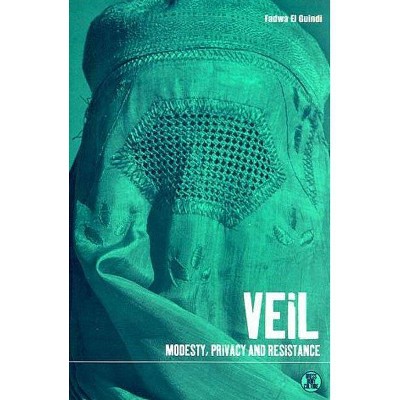
Similar Products
Products of same category from the store
AllProduct info
<p/><br></br><p><b> About the Book </b></p></br></br>An anthropological and thought-provoking study which aims to explain why young Arab women willingly adopted the veil in the 1970s as a means of asserting their allegiance to a rich tradition whilst also preserving their own sexual identity.<p/><br></br><p><b> Book Synopsis </b></p></br></br>In the 1970s, often to the consternation of parents and siblings, certain progressive young Arab women voluntarily donned the veil. The movement, which rapidly expanded and continues to gather momentum, has sparked controversy within Islamic culture, as well as reactions ranging from perplexity to outrage from those outside it. Western feminist commentators have been particularly vociferous in decrying the veil, which they glibly interpret as a concrete manifestation of patriarchal oppression. However, most Western observers fail to realize that veiling, which has a long and complex history, has been embraced by many Arab women as both an affirmation of cultural identity and a strident feminist statement. Not only does the veil de-marginalize women in society, but it also represents an expression of liberation from colonial legacies. In short, contemporary veiling is more often than not about resistance. By voluntarily removing themselves from the male gaze, these women assert their allegiance to a rich and varied tradition, and at the same time preserve their sexual identity. Beyond this, however, the veil also communicates exclusivity of rank and nuances in social status and social relations that provide telling insights into how Arab culture is constituted. Further, as the author clearly demonstrates, veiling is intimately connected with notions of the self, the body and community, as well as with the cultural construction of identity, privacy and space. This provocative book draws on extensive original fieldwork, anthropology, history and original Islamic sources to challenge the simplistic assumption that veiling is largely about modesty and seclusion, honor and shame.<p/><br></br><p><b> Review Quotes </b></p></br></br><br><p>"Her work considerably expands understanding of the complexities of veiling traditions over time and space." --<i>Choice</i> <p/>"Much textual and field research has gone into El Guindi's exploration, and many will find her conclusions persuasive, disputed though they are." --<i>Saudi Aramco World</i> <p/>"This is clearly a book that will be of value for years." --<i>Yemen Update</i> <p/>"El-Guindi's book presents the first systematic and in-depth gendered analysis of the veil." --<i>Journal of the Royal Anthropological Institute</i> <p/>"<i>Veil</i> is the most comprehensive and interesting study to date that explores a misunderstood subject involving the lives of more than one billion persons. . . . It should be required reading for those studying the Middle East, Islam, dress, gender, political resistance, and anthropology." --<i>American Anthropologist</i> <p/>"<i>Veil</i> is an engrossing, scholarly, and comprehensive analysis of the veil in its many social, historical and political contexts." --<i>Barbara C. Aswad, Wayne State University</i> <p/>"A stimulating and informative analysis of a key aspect of a significant cultural practice." --<i>The Asia Pacific Journal of Anthropology</i></p><br><p/><br></br><p><b> About the Author </b></p></br></br>Fadwa El Guindi is at the University of Southern California.
Price History
Price Archive shows prices from various stores, lets you see history and find the cheapest. There is no actual sale on the website. For all support, inquiry and suggestion messagescommunication@pricearchive.us
